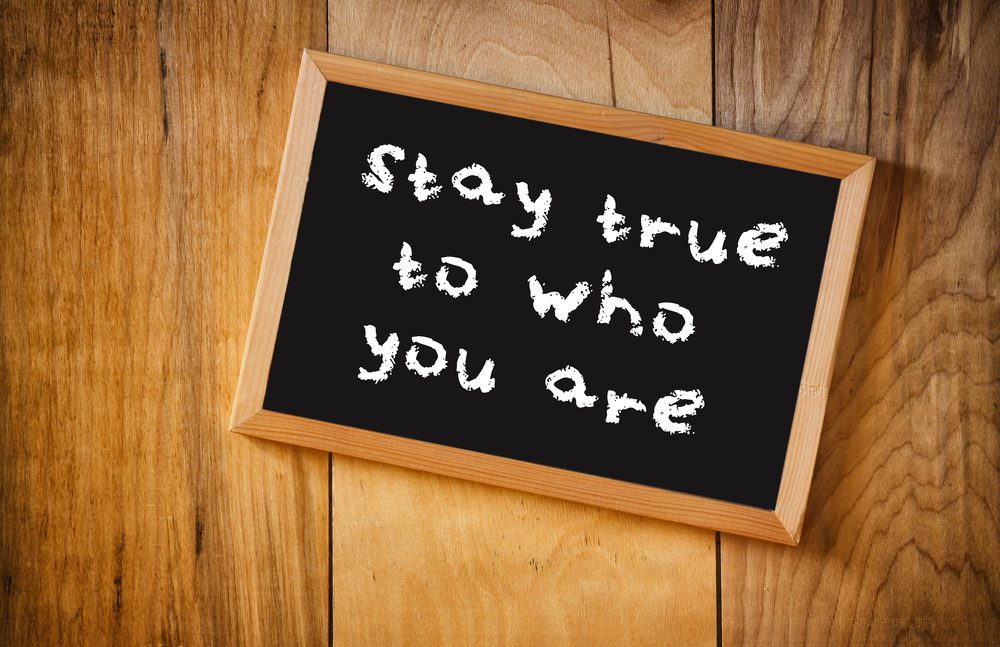Liberating Penalties
Author:
Rabbi Schusterman
Date:
February 10, 2021
Tags:
Challenges, Inspiration, Lifestyle, Loving-Kindness, Rebbe
Some things never get old. Torah is a classic example. As I study the Torah portion each year, I discover both basic and deeper understandings that were hiding in plain sight. Another area of Torah that always presents new awarenesses is the book of Tanya.
This is the small, power punching book of Rabbi Shneur Zalman of Liadi, first of the Chabad Rebbe’s and the foundation of Chabad philosophy. It is a journey of the human experience and how we as Jews navigate this life.
One of the new messages I’m extracting from this go round of the book of Tanya is that we come into the state of self awareness already programmed with complexities and messy emotions. Emotions are messy and they are not real. They don’t control us, they are only like a wave that passes over us if we allow it to.
Put in other words; even though our emotions occupy so much space in our consciousness, we are ultimately not defined by our emotions.
Taking this to a spiritual level, when we act out in a way that we are not proud of or that is not consistent with our values, we may think that this negative behavior becomes our identity. If that were to be the case, we may be trapped in this state of disconnected spiritual consciousness. In fact, like emotions, our actions don’t define who we are in our essence.
An interesting Mitzvah in this weeks’ Portion brings this message home.
The Torah has financial penalties for various misdeeds. That is, that after paying for the actual financial loss to another, one pays an additional amount as a penalty. For example, if one steals the Torah tells us that the thief needs to pay double the amount of the theft. The second amount as a penalty.
However, if one admits their crime the penalty is removed. As long as we hold onto the justification that the act was right and just we are held captive by the behavior as a definition of self.
Spiritually, when we do something wrong, our truest self, our soul is not engaged in the act. Accordingly, the act is not a definition of who we are, it is merely a commentary of what we’ve done. When we acknowledge that our true definition is our soul, then we are liberated from the negative self talk and self labeling.
Of course, wrong behaviors are not good and need consequences. But only insofar as it allows us to peel away the layers and get to our essence.
The moral of the story is that how we define ourselves is ultimately the self talk that either traps us in limiting self paradigms or liberates us to be our truest self.
Have a great Shabbos!


Enjoying what
you've read?
Here's more.


Say What You’re Gonna Say, Do What You’re Gonna Do
Chabad Intown
Talk is cheap, although it seems to come at a big price these days. But really, anyone with an opinion...













